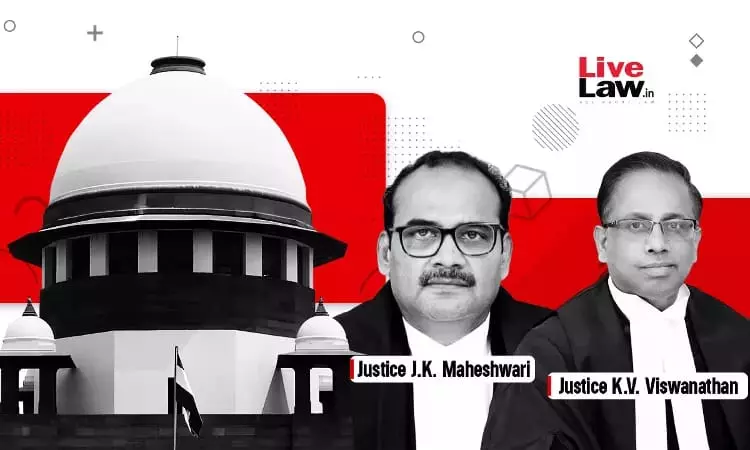The Supreme Court in recent judgment discussed the validity of disciplinary proceedings when it is based on same evidence/ witnesses/ circumstances in a criminal case that ended up in acquittal."...mere acquittal by a criminal court will not confer on the employee a right to claim any benefit, including reinstatement... However, if the charges in the departmental enquiry and the criminal...

